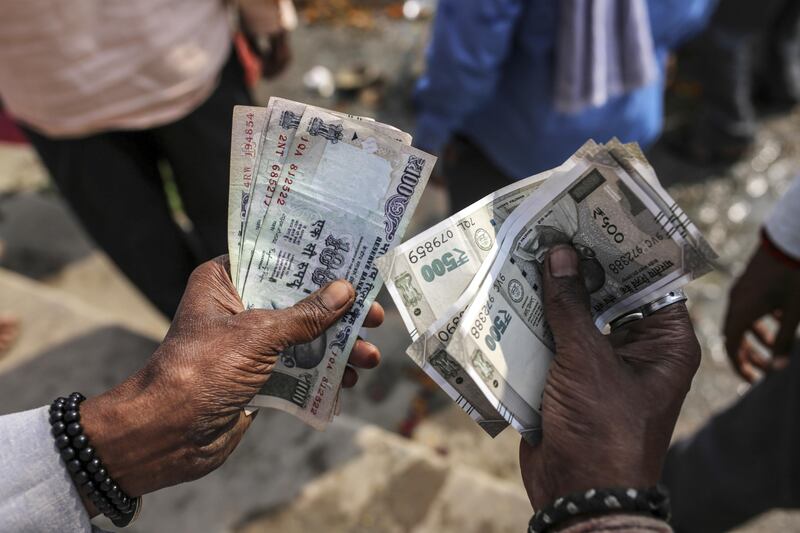Kiran Vasireddy, the chief operating officer of the payments business of Paytm – India's largest e-wallet company – talks about the digital payments industry in the country.
QCould you talk about the transition you noticed once demonetisation was announced?
A What demonetisation gave us was a kind of a trigger. Earlier, we were pushing the market, we were reaching out to merchants, and people understood the convenience of mobile payments. But what demonetisation did was that it helped us to get a pull from the market, which enabled us to acquire merchants at a much higher rate.
_________________
Read more:
[ Google enters India's mobile payments arena ]
[ A vision for a cashless India ]
_________________
What kind of growth forecasts do you have for Paytm?
It will continue. Our ambition is to get 500 million users on our platform by 2020. Looking at the kind of numbers and the growth that we’re seeing, we think that we’ll reach this number in early 2019.
What are the biggest challenges that lie ahead?
When we began, network used to be one of the problems, but courtesy of telecom operators like Jio and Airtel, which have ramped up their infrastructure on the data side, the mobile connectivity is no longer an issue, which was kind of the challenge two years back.
What about competition from other e-wallet companies?
There were 40 other companies that had wallet licences before us. You can’t have just the wallet as the one service you can rely on. We have a banking licence now, and we can process all kinds of instruments.
How will the transition to digital commerce benefit the Indian economy?
The good thing is everything becomes transparent and the biggest advantage of moving to digital is that the corruption will go down, and then the economy can grow better. The moment you are on digital, you become eligible for a lot of financial services which otherwise wouldn’t be possible.
Is it a challenge that a number of poorer Indians in the country don’t have smartphones?
India has surpassed the US to become the second-largest market after China when it comes to smartphones. Moving forward, we’ll see the number of smartphones ramping up. I don’t think this is a challenge anymore.






